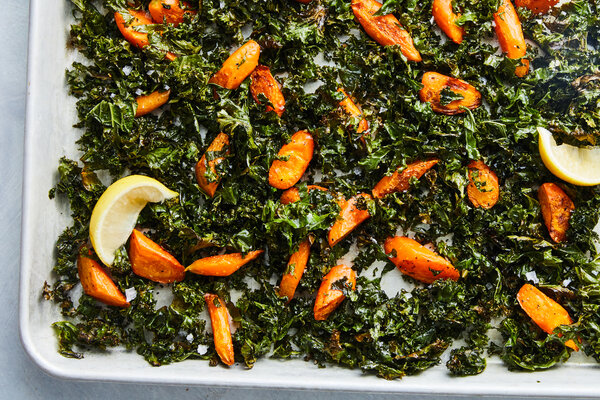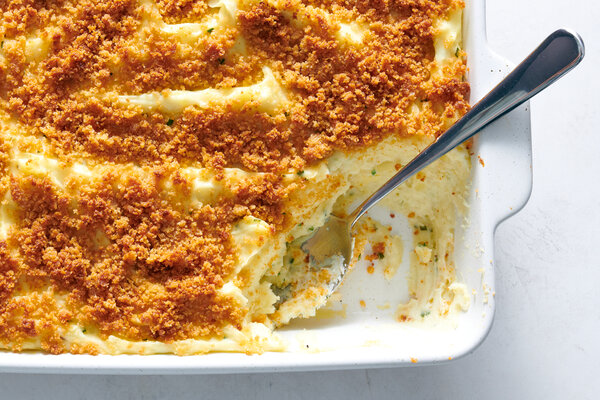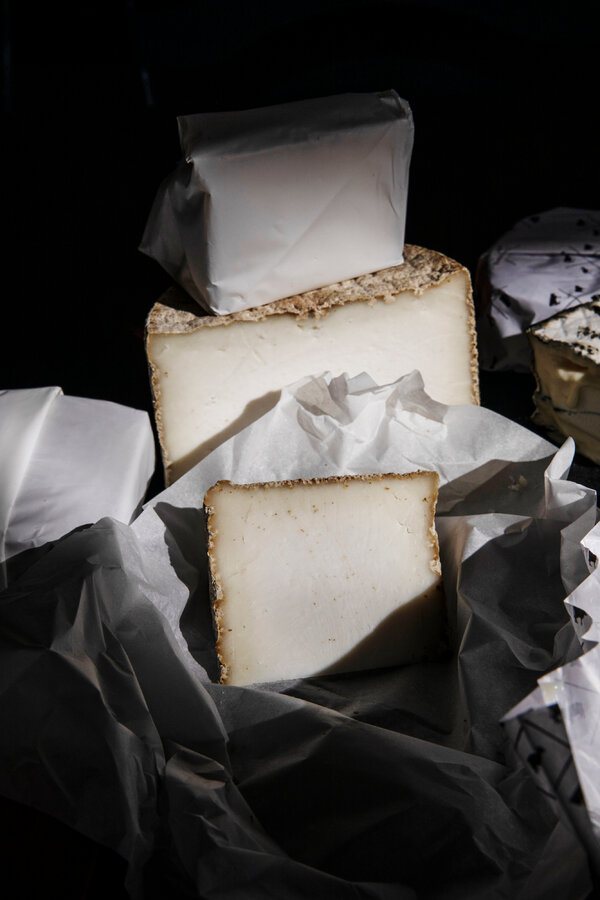On TikTok, a woman blends a half cup of rolled oats with a cup of water and the juice of half a lime. She forces a smile and then hesitantly takes a sip. “That,” she says with a colorful flourish, “is nasty.”
The drink isn’t meant to taste good; it’s supposed to be a weight loss hack.
Drink it every day, some influencers on social media claim, and you can lose a staggering 40 pounds in two months. “Oatzempic,” as it’s called, is a reference to the diabetes drug Ozempic, which belongs to a class of medications that have surged in popularity for their remarkable ability to help people lose weight.
It’s riding “on the coattails” of these drugs, said Colleen Tewksbury, an assistant professor in nutrition science at the University of Pennsylvania.
But while oats are certainly nutritious, “there is nothing magical” about them for weight loss, said Emily Haller, a dietitian at Trinity Health Lifestyle Medicine in Michigan.
What can oats do for your health?
Oats are a good source of soluble fiber, especially one type called beta-glucan, which has been shown to lower blood cholesterol levels and reduce blood sugar spikes after meals, Ms. Haller said.
In general, consuming enough fiber (which most Americans don’t) can also reduce your risk of developing heart disease and certain cancers, as well as support a healthy gut and regular bowel habits, she added.
A half cup of rolled oats contains about four grams of fiber; nutrition guidelines advise that adults consume at least 21 to 38 grams per day.
Fiber-rich foods also take longer to digest than low-fiber foods, and they can slow the movement of food through your gut, which can help you feel fuller and more satisfied for longer, Ms. Haller said.
Can a blended oat drink help you lose weight?
Some research suggests that adding oats to your diet may be associated with a small amount of weight loss, maybe because they help us feel sated. But not all studies have found this, Dr. Tewksbury said, adding that she was not aware of any research specifically testing oats blended with water. There is also no evidence that lime juice can help with weight loss.
If people are losing significant amounts of weight on “Oatzempic,” it’s probably because they’re using it to replace a higher-calorie meal, said Dr. Melanie Jay, an obesity researcher at N.Y.U. Langone Health.
One half cup of rolled oats has about 150 calories; if you are consuming that instead of a higher calorie breakfast — an egg and sausage sandwich on a biscuit can have more than 500 calories for instance — you will probably lose weight, she said. It’s similar to replacing a meal with something like a weight-loss shake or a bar, which can be effective for weight loss, at least in the short term, she said.
But oats blended with water and lime juice “is not a balanced meal,” Ms. Haller said. A bowl of oatmeal, perhaps served with milk, nut butter, fruit and seeds, “would be a more well-balanced, satiating breakfast,” she said.
Consuming enough protein is particularly important if you’re losing weight, Dr. Jay said, to help you avoid losing too much muscle. A half cup of oats has about four grams.
Using the “Oatzempic” shake to lose weight is also likely unsustainable, Dr. Jay said. “If you go back to what you were eating before, you’ll gain the weight back,” she said.
Many of Dr. Jay’s patients with obesity “have lost hundreds of pounds in their lifetime” through fad diets and methods similar to “Oatzempic,” she said. But the weight often returns because their bodies respond with a slowed metabolism and more hunger, she said.
The “up and down, up and down” that can come with trying trendy weight loss hacks can be discouraging, she added.
And for some people, fad diets can lead to an “unhealthy obsession” with unrealistic weight loss and a negative relationship with food, Ms. Haller said.
Are oats anything like Ozempic?
“Oats are not Ozempic,” Ms. Haller said. “Not even close.”
Weight loss drugs are “in such great demand” because they’re effective, Dr. Tewksbury said. “It’s almost Pollyanna to expect the same effect from oatmeal or oats.”
The medications work in part by mimicking a hormone called GLP-1, which your body releases after you eat. The hormone slows the movement of food through the gut and signals fullness to the brain. But, Dr. Jay said, the amount of GLP-1 you release after eating oats or any food is far lower, and not nearly as long-lasting, as that provided by the medications.
In several studies, researchers have measured blood GLP-1 levels after people consumed oat or wheat bread, or a breakfast with or without added oat powder, and found that oats did not increase GLP-1 levels more than the other foods.
The “Oatzempic” craze is “just another trend,” Ms. Haller said. “This is just what the internet does.” And, she added, the drink’s popularity will likely “be very short-lived.”







